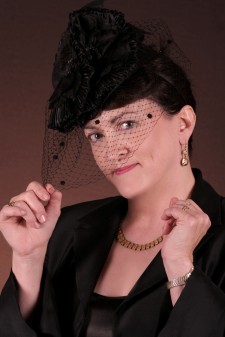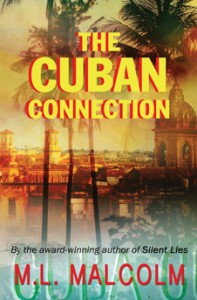Where did you get the idea for Heart of Lies?

The Bund, Shanghai's Famous Waterfront
This book was very much inspired by my husband’s family. My husband’s maternal grandfather was born in Budapest, into an affluent, highly-assimilated Austrian-Hungarian Jewish family. He lived through World War I and its horrendous aftermath: total economic meltdown, invasion by the Romanians, and the massacre of thousands of Hungarian Jews. Leo’s story reflects some of the struggles Dr. Gulton faced, although he was a successful industrialist, not a diamond thief.
Dr. Gulton, his wife and their daughter (my mother-in-law) were living in Germany when Hitler became chancellor in 1933. That winter the family went on an alleged “ski vacation” to France and never went back. Although he passed away before I met my husband, I believe that one of the reasons Dr. Gulton left Germany so soon after Hitler came to power was because of the deadly anti-Semitic backlash in Hungary after World War I. He’d lived through that, and wasn’t about to stick around to see what life would be like in Germany with the Nazis in charge.
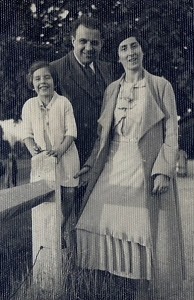
The Gulton family in France, 1934.
Another character that inspired the story was my mother-in-law’s aunt, Melitta. In 1941, she used her skill as an artist to forge a Siamese (Thai) transit visa for herself, her husband and their child. She figured no one would know what it was supposed to look like. On the strength of this forged document they were able to board the Tran Siberian Express, and then escape, first to Japan and then to Shanghai.
I knew that this incredible family history provided the makings of a great book, but I didn’t really want to write a WWII story, so I looked for a way to explore those experiences in a meaningful way within a different historical context. The pieces sort of all came together after my husband and I visited Shanghai on a pleasure trip. I was captivated by the idea that for almost a hundred years it was the only place in the civilized world where you could show up without a passport or a visa and just start over, and by the colorful stories of the people who made—and lost—fortunes there. I was able to move the story away from WWII and into the 20s and 30s by moving the action to Shanghai in its hey day.
Heart of Lies bridges two world wars and takes us from Hungary to France to Shanghai to America. How did you go about conducting your research?
Well, I did my research the old-fashioned way: in the library. For the most part, the information available on the internet is pretty shallow, but what the internet can do is point you in the right direction. I read a lot of out-of-print books, eye-witness accounts from the era, and hunted down old newspaper articles stored on microfiche in the basements of many an academic institution. The public relations department at Cartier’s was also very helpful, even though I kept telling them it was a stolen necklace.
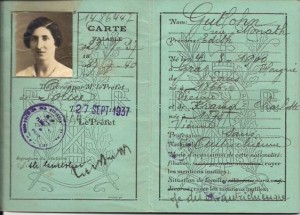
Edith’s Alien Registration Card.
In addition to being historically accurate with respect to details of time and place, I wanted the turbulent history of the era to help drive the plot. All of the events in Heart of Lies, from the chaos in Hungary after World War I, the Hungarian counterfeiting scandal in December of 1925, the manipulation of the rubber market in 1926, to the bombing of Shanghai in 1937, all actually occurred the way I describe them; I just added a few fictional characters. In fact Leo’s nemesis, the gangster Tu Yue-sheng, is based on Du Yue-sheng, a very real person. I changed one letter in his name because he couldn’t speak English very well. That’s how accurate I try to be!
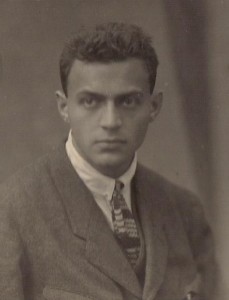
Leslie Gulton in 1920.
You’ve worked as an attorney, a journalist, and a fiction writer. Does one type of writing help or hinder the others?
Well, it’s hard to say because I’ve done all three for so long. I wrote my first short story when I was six. I worked on the school newspaper, and was on the debate team in high school and college. As a lawyer, I was a litigator, or trial attorney. In some ways that was similar to being a journalist, because you have to be able to marshal facts quickly, verify information, and, perhaps most importantly, learn to accept criticism of your writing. Then I started working as a freelance journalist. Both those career moves also taught me how to write succinctly, and how to meet a deadline. I’d say good writing is good writing, so learning how to do it better in any context helps.
Why did you use just your initials on the cover? Why not your whole name?
Mary Lee, my given name, is so Southern, I thought it might prove distracting. I’m happy with my name—I was named after my grandmother—but I didn’t want people to judge the book by the name on the cover. So I used my more neutral nickname, M.L.
